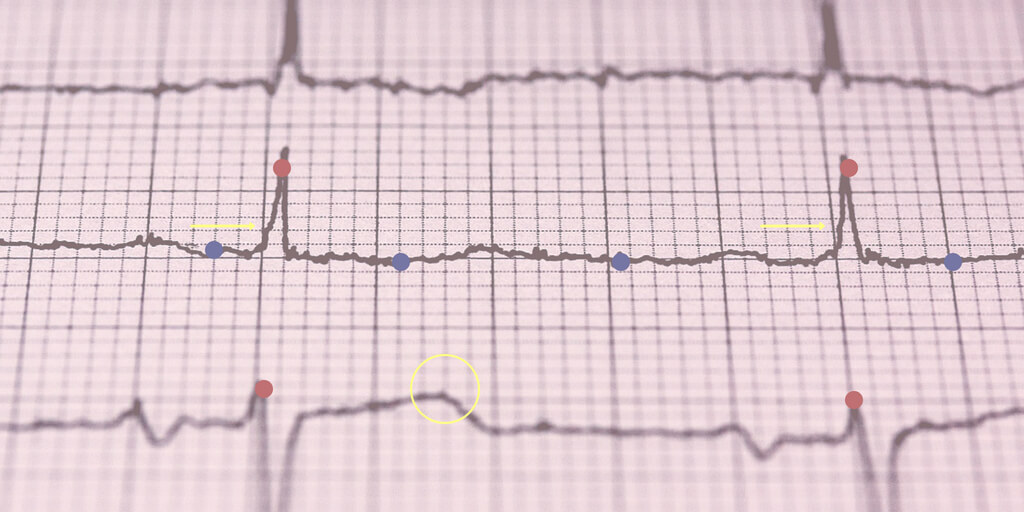The Employee Polygraph Protection Act (EPPA) is a federal law that regulates the use of polygraphs, or lie detector tests, in the workplace. Under the EPPA, most employers cannot use polygraphs, including for pre-employment screening.
The U.S. Department of Labor’s Wage and Hour Division enforces the EPPA. The EPPA covers most private employers but not government agencies. Covered employers cannot require a lie detector test as a condition of employment or make an employment decision based on polygraph results.
Are Polygraphs Accurate?
Polygraphs work by recording blood pressure, pulse rates, respiration, and skin conductivity while the examiner asks a series of questions. The idea behind a polygraph is that telling the truth and lying will produce different physiological responses. However, there are no universal physiological responses associated with lying. Furthermore, many factors such as anxiety, heart conditions, cultural differences, and the influence of drugs can affect results. There have been lawsuits over the accuracy of test results. For these reasons, polygraphs are not admissible in most courts, and the EPPA strictly limits their use in employment.
Exceptions to the EPPA
The EPPA does not cover any federal, state, or local government agencies. Government agencies that use polygraph examinations include the FBI, NSA, and CIA. Many police departments also administer polygraph tests to applicants.
There are also exceptions in the private sector. The law allows certain security firms such as armored car, alarm, and guard companies, to administer polygraphs to applicants. It also allows exceptions for certain organizations associated with pharmaceuticals.
Covered employers may be able to administer polygraphs to employees under a specific circumstance. In private firms, employers may polygraph test employees whom they reasonably suspect to be involved in a workplace incident that resulted in an economic loss or injury to the organization. “Workplace incidents” include theft and embezzlement. However, some state laws may prohibit polygraph testing employees altogether.
The EPPA imposes strict standards when allowing polygraph examinations. There are specific regulations for the pre-test, testing, and post-testing phases. The examiner must be licensed if required by the state in which they will conduct the test. The examiner must also have professional liability coverage.
EPPA Penalties
In addition to the above regulations, the EPPA also requires employers to display a poster explaining the law in the workplace and strictly limits disclosure of polygraph results. An employer that violates the EPPA may incur up to $10,000 in fines for each infraction.
Polygraph Alternatives
Since employers cannot make applicants take lie detector tests, they use other means to evaluate honesty. These can include checking references and reviewing criminal records. These methods also implicate legal parameters.
